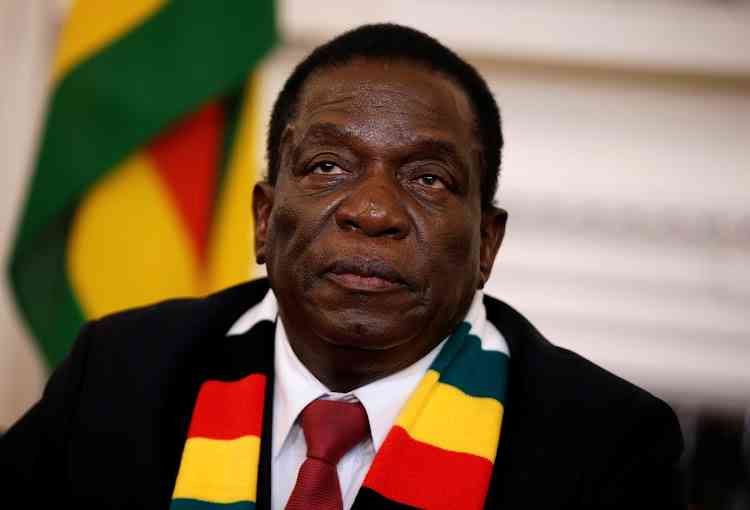
The flurry of denials by the supposed key players in the Asiagate scandal has raised more questions than answers as to whether the Zimbabwe Football Association (Zifa) will find a lasting solution to the saga.
While it might be premature to make conclusions, already some loopholes have emerged in the second instalment where the interviewees are denying their “statements” and have threatened to sue the association for defamation.
In other instances, Zifa have erroneously fingered people who never travelled with the team, namely Steve Nyoka, who was said to be the head of delegation of a team that travelled to Vietnam.
Some key witnesses were also left out in the final report, and in the end, the document is not as watertight as it should be, taking into consideration that they are dealing with a complex issue – that of match-fixing.
Betting syndicates in their nature are intricate in the way they operate, and as such investigations must have taken the same route.
We firmly believe this exercise should have been done quietly and apprehend the suspects in the same fashion while armed with undeniable evidence.
The flawed way in which Zifa applied itself to this investigation leaves a lot to be desired.
Some experts have suggested the current Zifa board members must not have undertaken the probe, but should have allowed independent judicial officials to interrogate the issue on their behalf instead.
- Chamisa under fire over US$120K donation
- Mavhunga puts DeMbare into Chibuku quarterfinals
- Pension funds bet on Cabora Bassa oilfields
- Councils defy govt fire tender directive
Keep Reading
One would believe this could have been the best route out because some of the defects in the report could not have come to the fore.
Like any other commission before, the Ndumiso Gumede committee’s efforts might come to naught if enough evidence is not gathered.
Besides, the Asiagate probe could fall not because these people did not commit the offence, but because the report itself is porous.
This is why people are challenging the evidence adduced by some against them.
There are wide gaps in the evidence such that the bad boys named in the report could exploit and eventually walk out scot-free. One would remember the Justice Paddington Garwe Commission report. It was very solid and watertight in terms of the evidence and investigations carried out, but what became of it?
Zimbabwe has a history of such fact-finding commissions/committees — the Chidyausiku Commission into the looting of the War Victims Compensation Fund, Willowgate Commission, Utete Commission, Rukuni Commission, to name but a few.
But no one has ever been charged on the basis of the evidence gathered by these probe teams.
One wonders whether the Gumede committee will achieve anything!











